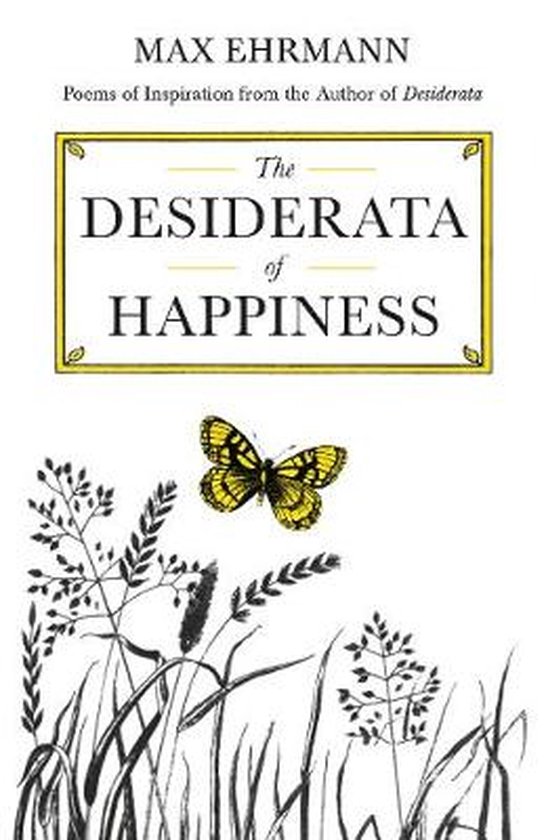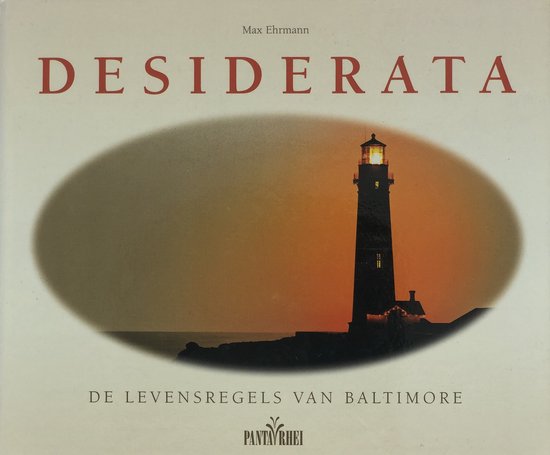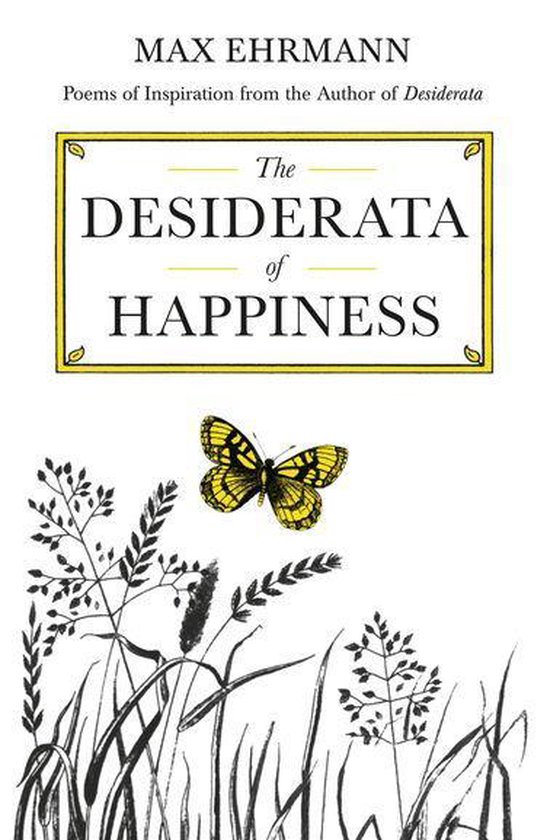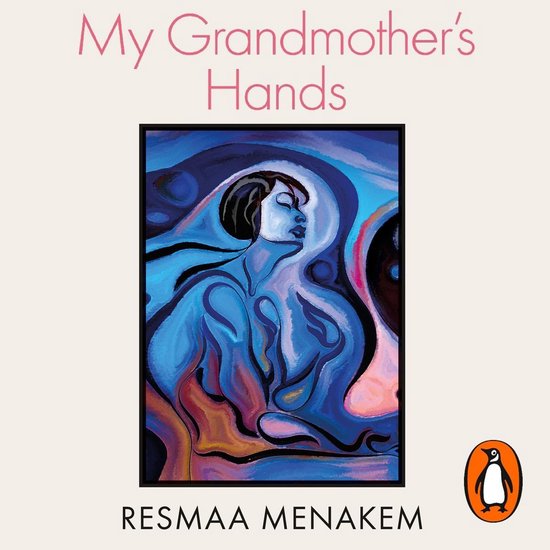
Desiderata Of Happiness
Max Ehrmann was not afraid to express his thoughts about the evils and scandals he saw around him, and in his quest for contentment he turned to nature and the eternal passage of the seasons.
Desiderata, that world-famous poem that begins, 'Go placidly amid the noise and haste', must be one of the best-loved poems in the English language, revered by many as the ideal philosophy of life. Few people realise that it was written in 1927 by the Indiana poet Max Ehrmann who died in 1945 and whose work, until the 1960s, was largely forgotten. This beautiful little book brings together more of the writings of this remarkable man, revealing a love of the world and a concern for its social problems that mark him as one of the greatest spokesman of the twentieth century. Ehrmann was not afraid to express his thoughts about the evils and scandals he saw around him, and in his quest for contentment he turned to nature and the eternal passage of the seasons: his philosophical thoughts are a search for social truth and peace. Readers will find in his poems much that has relevance today. Through Ehrmann we are led to look again at our twenty-first century values and to turn for truth and reality to the essence of beauty and goodness that lies all around us, if we can but open our eyes to see.
Desiderata, that world-famous poem that begins, 'Go placidly amid the noise and haste', must be one of the best-loved poems in the English language, revered by many as the ideal philosophy of life. Few people realise that it was written in 1927 by the Indiana poet Max Ehrmann who died in 1945 and whose work, until the 1960s, was largely forgotten. This beautiful little book brings together more of the writings of this remarkable man, revealing a love of the world and a concern for its social problems that mark him as one of the greatest spokesman of the twentieth century. Ehrmann was not afraid to express his thoughts about the evils and scandals he saw around him, and in his quest for contentment he turned to nature and the eternal passage of the seasons: his philosophical thoughts are a search for social truth and peace. Readers will find in his poems much that has relevance today. Through Ehrmann we are led to look again at our twenty-first century values and to turn for truth and reality to the essence of beauty and goodness that lies all around us, if we can but open our eyes to see.
| Auteur | | Max Ehrmann |
| Taal | | Engels |
| Type | | Hardcover |
| Categorie | | Taal |



